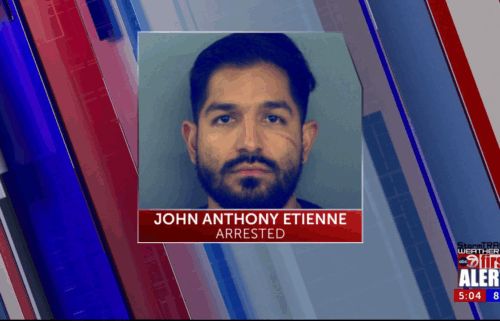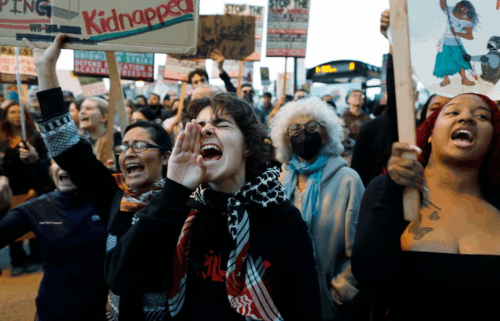Judge hears case on whether Biden’s student loan forgiveness can move forward
By Katie Lobosco, CNN
A US district judge could decide Wednesday whether to temporarily block President Joe Biden’s student loan forgiveness program from taking effect.
Six Republican-led states filed a lawsuit last month challenging the legality of the policy and are asking the court to grant a preliminary injunction, which could put student loan cancellation on hold until the judge issues a final ruling on the case.
The Department of Education is expected to open an application for the student loan forgiveness program this month. The Biden administration, which released a preview of the application Tuesday, aims to deliver debt relief worth up to $20,000 to millions of borrowers before federal student loan payments resume in January after a nearly three-year, pandemic-related pause.
The motion for a preliminary injunction is being heard by District Judge Henry Edward Autrey, who was appointed by former President George W. Bush.
The lawsuit was filed in a federal court in Missouri by state attorneys general from Missouri, Arkansas, Kansas, Nebraska and South Carolina, as well as legal representatives from Iowa.
One of the judge’s first questions during the hearing was about whether the states have standing to bring the case against the President. He likened standing, a legal threshold to bring a case, to baking a cake.
“You can have all the ingredients for a cake. But it’s hard to make a cake if you don’t have a pan to put the cake in. The pan is the standing,” Autrey said.
The states argued in court documents that the Biden administration does not have the legal authority to grant broad student loan forgiveness. The states also argue that the policy would hurt them financially, as well as the revenues of a student loan servicer based in Missouri known as MOHELA.
The loan forgiveness policy creates an incentive for borrowers to consolidate Federal Family Education Loans owned by MOHELA into Direct Loans owned by the government, “depriving them (MOHELA) of the ongoing revenue it earns from servicing those loans,” according to the lawsuit.
On the same day the lawsuit was filed, the Department of Education changed its policy so that borrowers whose federal student loans are guaranteed by the government but held by private lenders — including those made by the former Federal Family Education Loan program — were no longer eligible for debt relief.
In a court document, lawyers for the government argue that Congress gave the secretary of education the power to discharge debt in a 2003 law known as the HEROES Act. They also argue that the plaintiffs don’t have standing to ask for an injunction.
To win a preliminary injunction, the states are required to demonstrate that the student loan forgiveness policy will cause them irreparable harm if the injunction is not implemented.
The last-minute policy change to exclude the FFEL borrowers could weaken the states’ lawsuit.
“I think the government’s move to cut off the path to debt relief for people whose student loans aren’t held by the federal government undercut much of the standing in this case,” said Abby Shafroth, staff attorney at the National Consumer Law Center.
The losing party could immediately appeal the judge’s Wednesday ruling on the injunction, sending the case to the 8th Circuit Court of Appeals, where it is likely to face a panel of conservative judges.
The Biden administration is also facing several other lawsuits over the student loan forgiveness policy. Two of the lawsuits have already been dismissed. One ongoing lawsuit was filed by Arizona Attorney General Mark Brnovich, and another was filed this week by a conservative group, the Job Creators Network Foundation, on behalf of two student loan borrowers in Texas who do not qualify for the full $20,000 in debt relief under Biden’s program.
This story and headline have been updated with additional developments.
The-CNN-Wire
™ & © 2022 Cable News Network, Inc., a Warner Bros. Discovery Company. All rights reserved.




